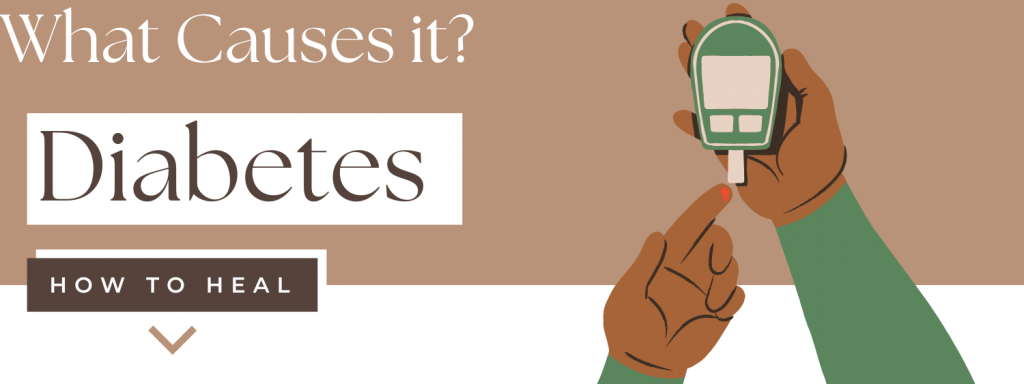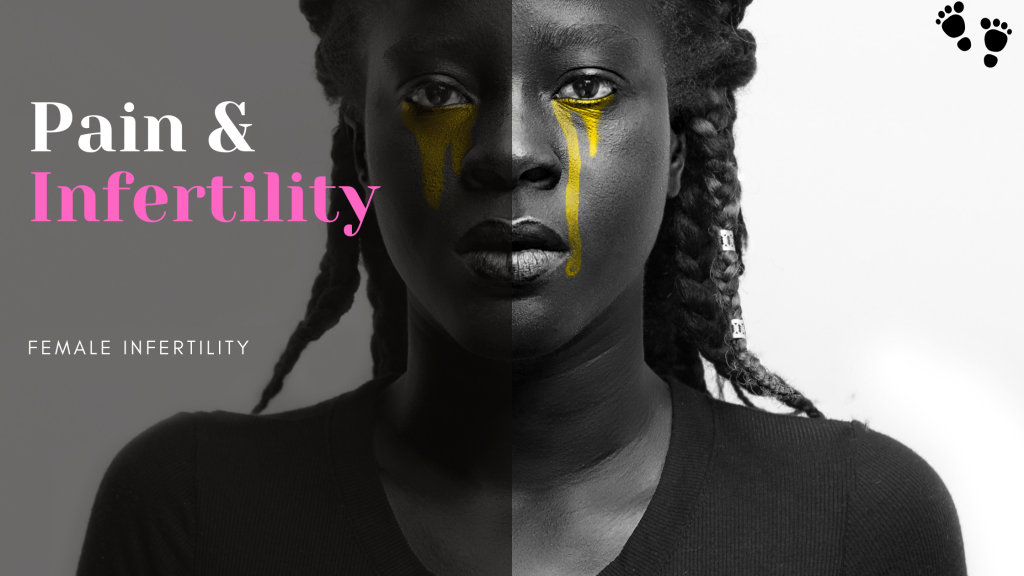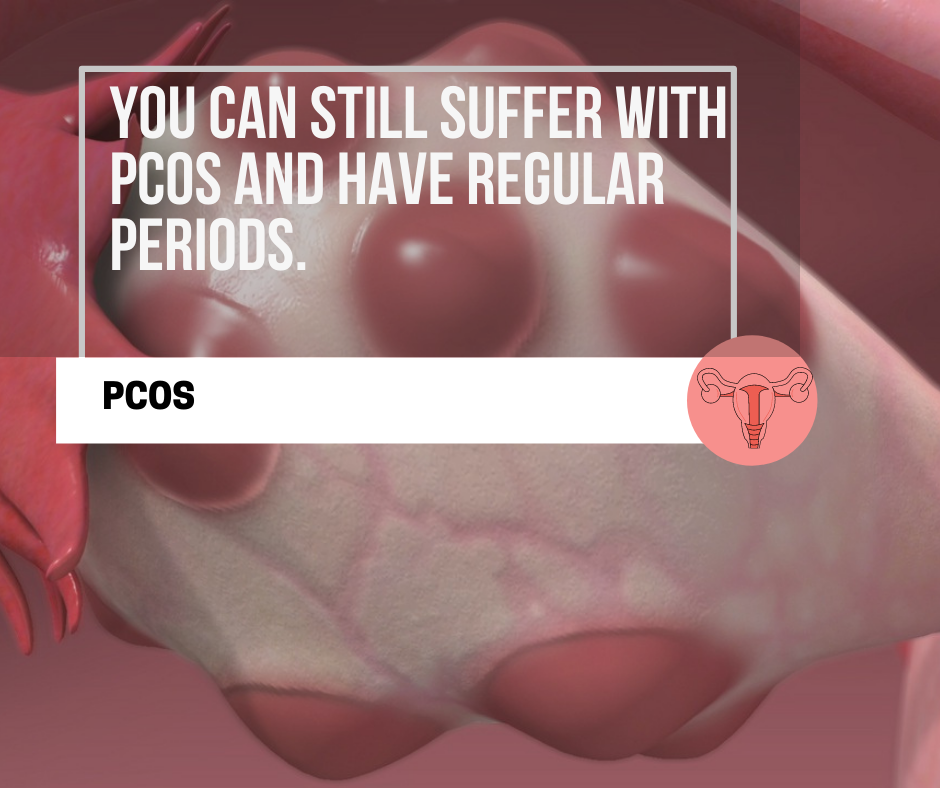The Causes Of Diabetes.
Glucose is a type of sugar that provides the cells in our bodies with the energy they need to function and heal. Glucose is fundamental to our health, it keeps us alive and thriving. Every single organ in our bodies rely on this sugar.
When we eat food, our bodies break it down into glucose and place it into our bloodstream, this is how it gets into our cells. Because our cells cannot access this glucose directly, the pancreas helps it. When our glucose levels rise, the pancreas produces the hormone insulin, which then attaches itself to our cells allowing them to get the energy they need and ensure that our blood levels remain stable.
If the bloodstream has more glucose than our cells can consume, the insulin will then direct the extra glucose to be stored in the liver. Also if the pancreas doesn’t produce enough insulin when the body needs it, (this is called insulin resistance) this can contribute to type 2 diabetes.
Type II diabetes also known as hypoglycemia- which indicates an issue with the body’s ability to manage glucose properly. Regularly skipping meals forces the body to use up the glucose stored in the liver causing the body to run on adrenaline. This adrenaline can damage the pancreas contributing to insulin resistance and can overtime lead to weight gain.
FOODS THAT CONTRIBUTE TO DIABETES
- Red Meat (pork, ribs)
- Dairy (ice cream, cookies, butter)
- Lean Meat – Chicken can also contribute to diabetes as well, however small amounts is okay
HOW DOES THESE FOODS CONTRIBUTE TO DIABETES?
The over consumption of these foods can put a toll on the pancreas damaging its ability to produce enough insulin to remove all the glucose it should from the bloodstream. The far from the animals can strain the liver and pancreas. These high levels of fat can stop the body’s ability to allow the insulin produced by your pancreas to drive sugar into our cells, leaving a lot of sugar floating around in the bloodstream that cannot go anywhere. This puts a burden on the liver, causing the liver to be overworked.
For this condition, most doctors would prescribe insulin to help lower glucose levels, but it doesn’t solve the liver and pancreas damage which is the root cause of the problem.
SIGNS OF TYPE II DIABETES
- Dry mouth
- Frequent Urination
- Unusual Thirst and hunger
- Digestive Problems
- Blurry Vision
WHAT CAN BE TAKEN FOR DIABETES
- Black Seed Oil – Helps with stabilizing blood sugar levels.
- Zinc – this helps to stabilize glucose levels in the blood.
- Vitamin D – Reduce inflammation and helps with the pancreas.
- Biotin – Helps to stabilize glucose levels in the blood.
- Spirulina – Helps stabilize glucose levels in the blood.











